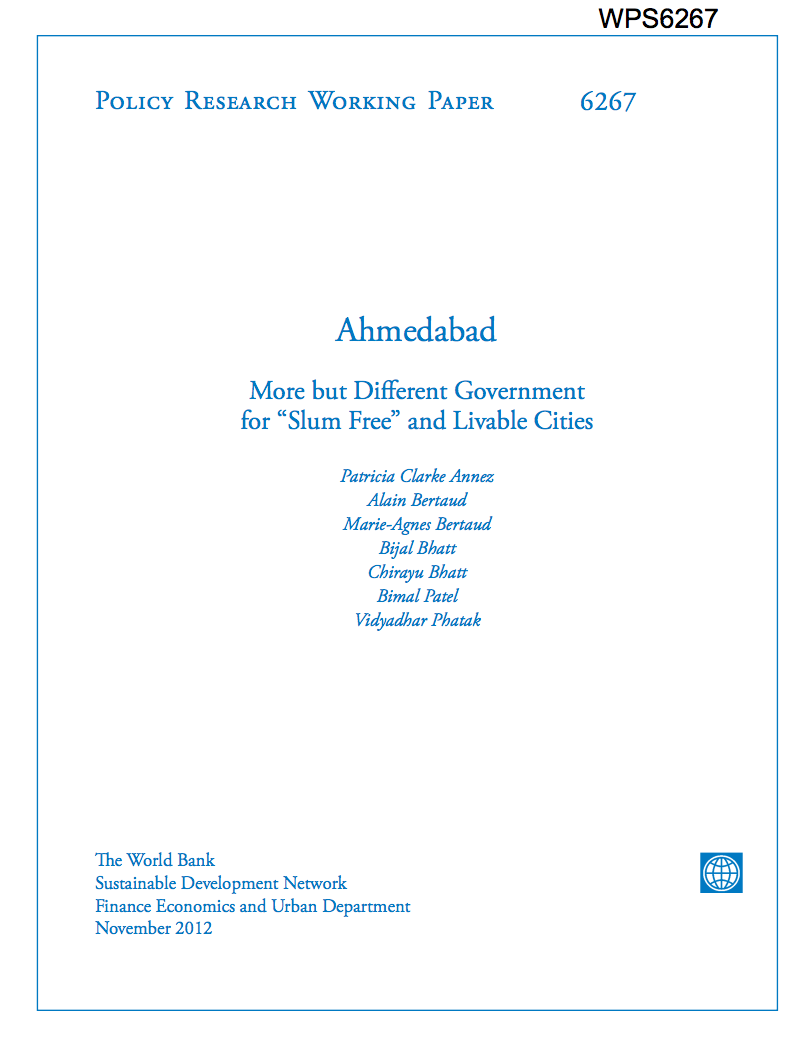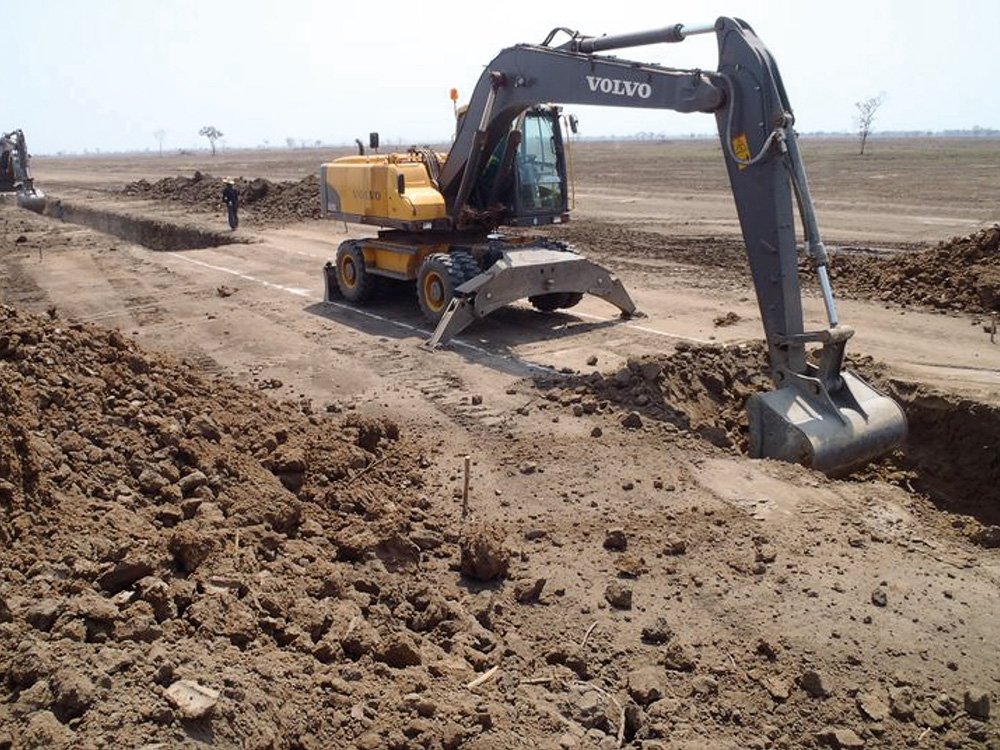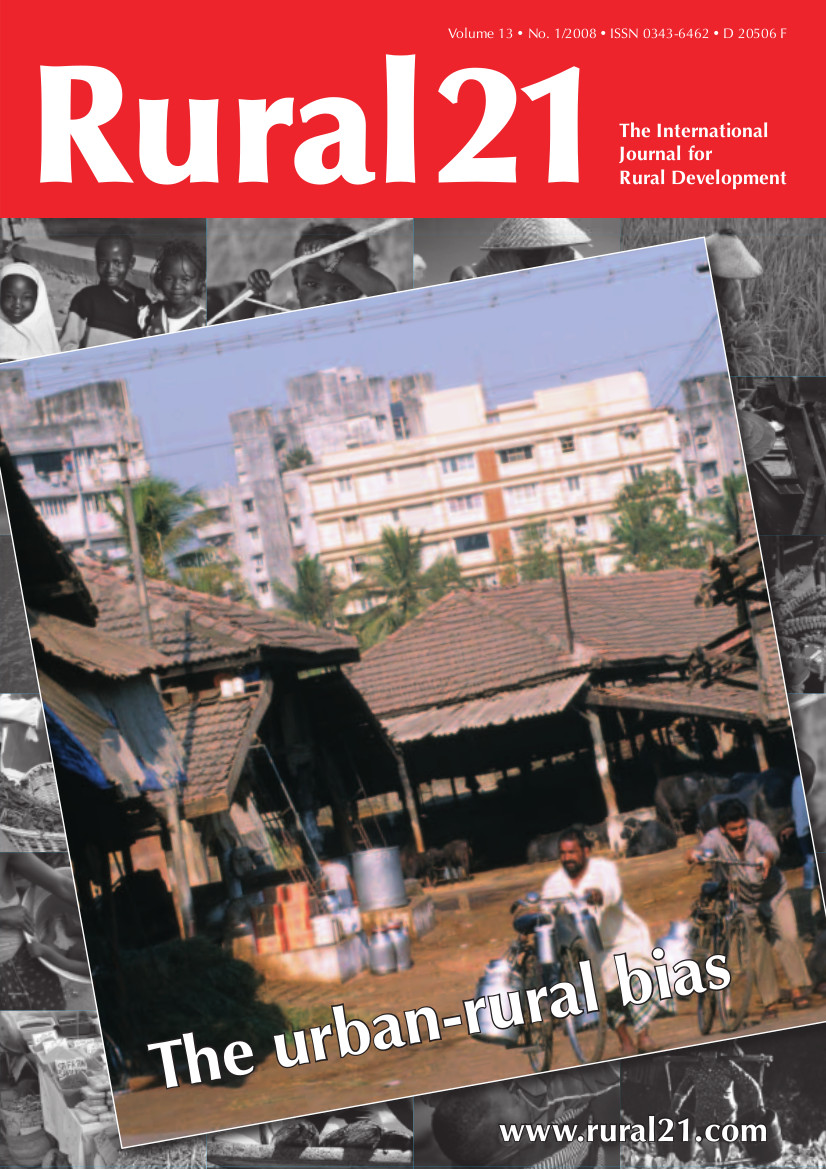The Misallocation of Land and Other Factors of Production in India
This paper quantifies the misallocation of manufacturing output and factors of production between establishments across Indian districts during 1989-2010. It first distills a number of stylized facts about misallocation in India, and demonstrates the validity of misallocation metrics by connecting them to regulatory changes in India that affected real property. With this background, the study next quantifies the implications and determinants of factor and output misallocation.







